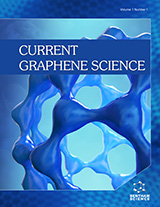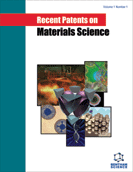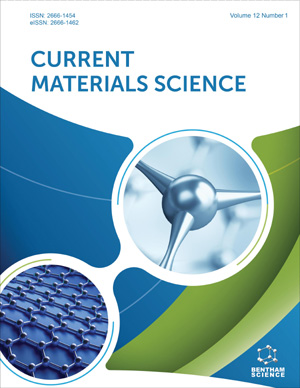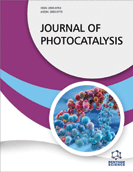Abstract
The industrial demand of natural polysaccharides or their chemically modified derivatives have increasing due to their safety, biocompatibility, non-toxicity and biodegradability. Modified polysaccharides are industrially acceptable as disintegrating agent, thickening agent, gelling agent foam stabilizer, swelling agent, emulsifying agent, encapsulating agent, binding agent, etc. In addition, biopolymers are acceptable as materials for nanoparticles for clinical application. This is due to their versatile traits, including biodegradability, biocompatibility and low immunogenicity. These tailor-made materials are now commercially available and thus can give competition to already available synthetic excipients. Considering the current needs to produce stable nanoparticle systems, the chemical modification of these polysaccharides further improves their physicochemical as well as mechanical properties. The attempts have been made to obtain nano-carrier for therapeutic purposes and with their variation in materials and process preparation. This chapter is aimed at discussing the application of these modified polysaccharides with their physico-chemical characterization. Further, the factors influencing these process variables taken care off while making them are also enlightened in addition to influence of modifying polysaccharides on the drug release properties of pharmaceutical dosage forms and for other purposes in pharmaceutical industry.
Keywords: Polysaccharide, nanoparticle, microparticle, carboxmethylation, thiolation, grafting, crosslinking, ionotropic gelation, drug entarpment efficiency, nanoprecipitation, sonication, spraydrying.




















